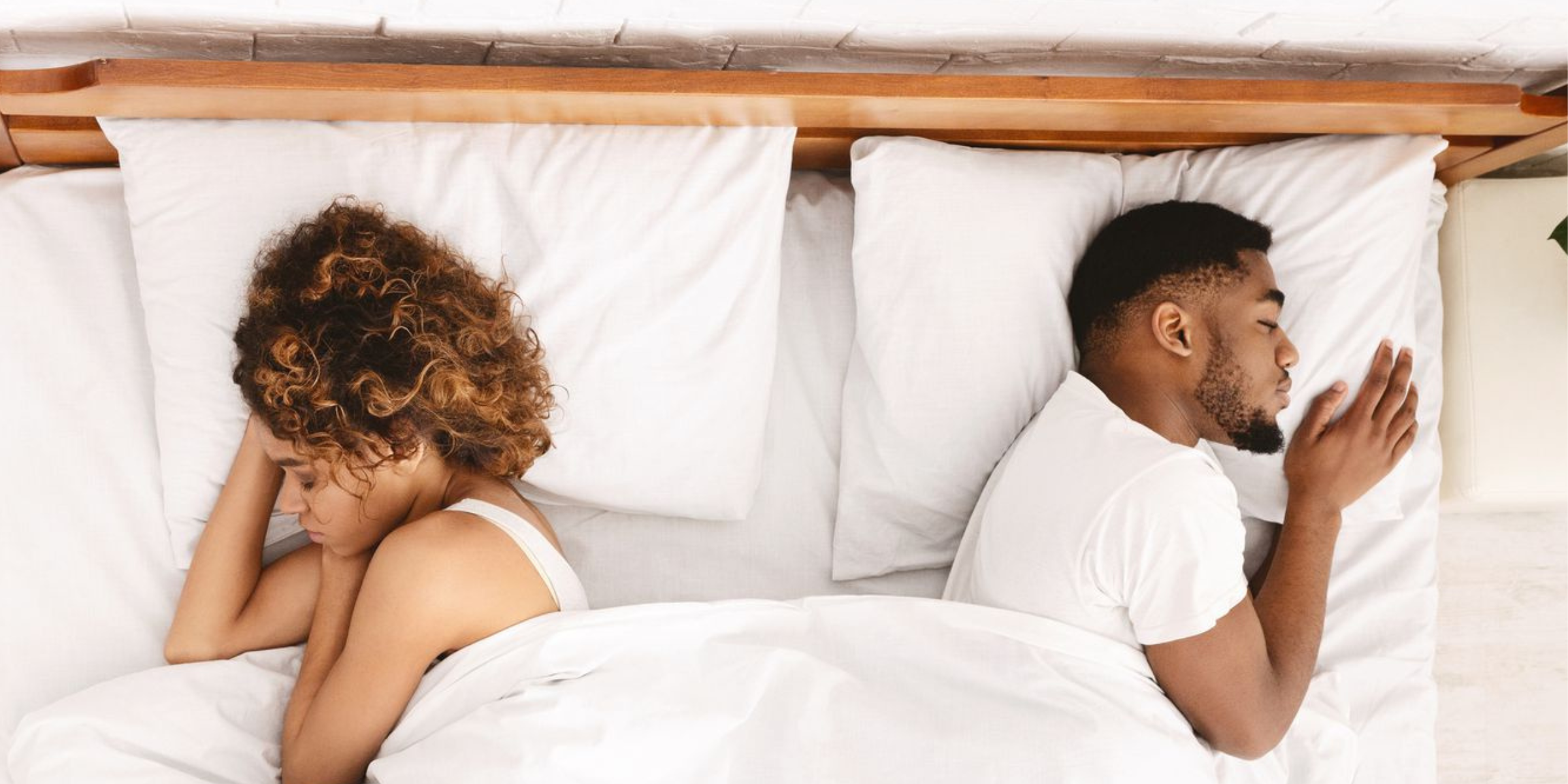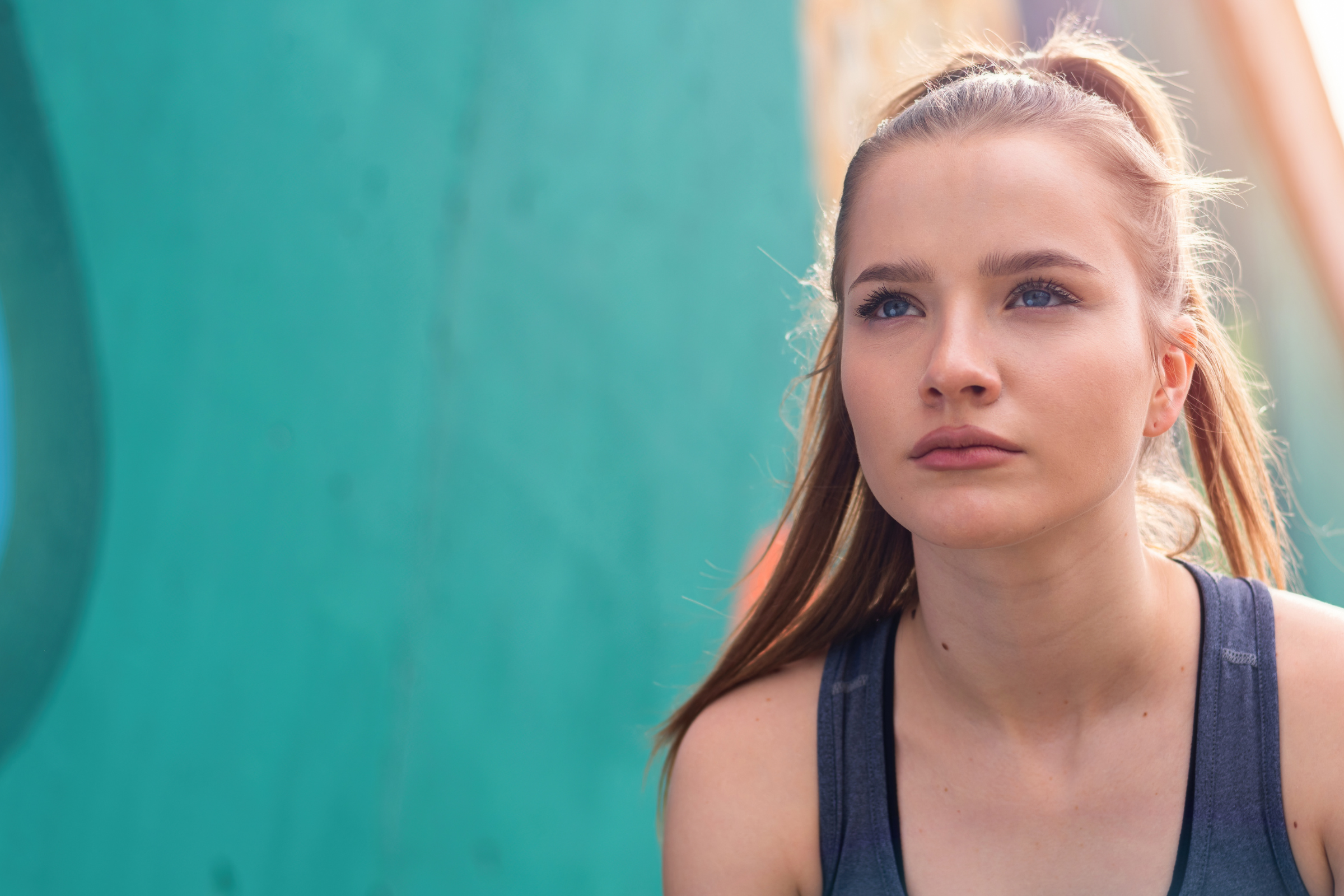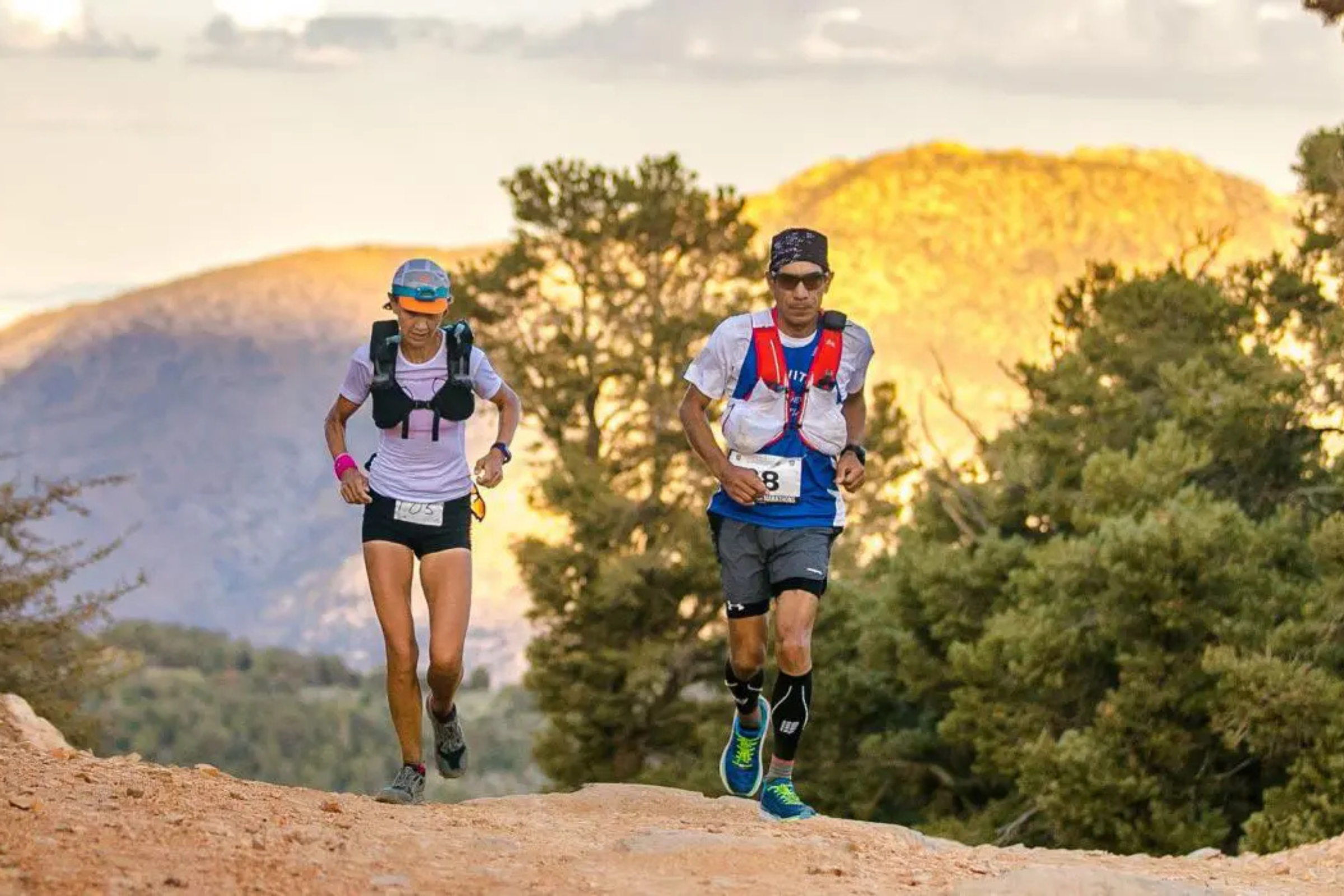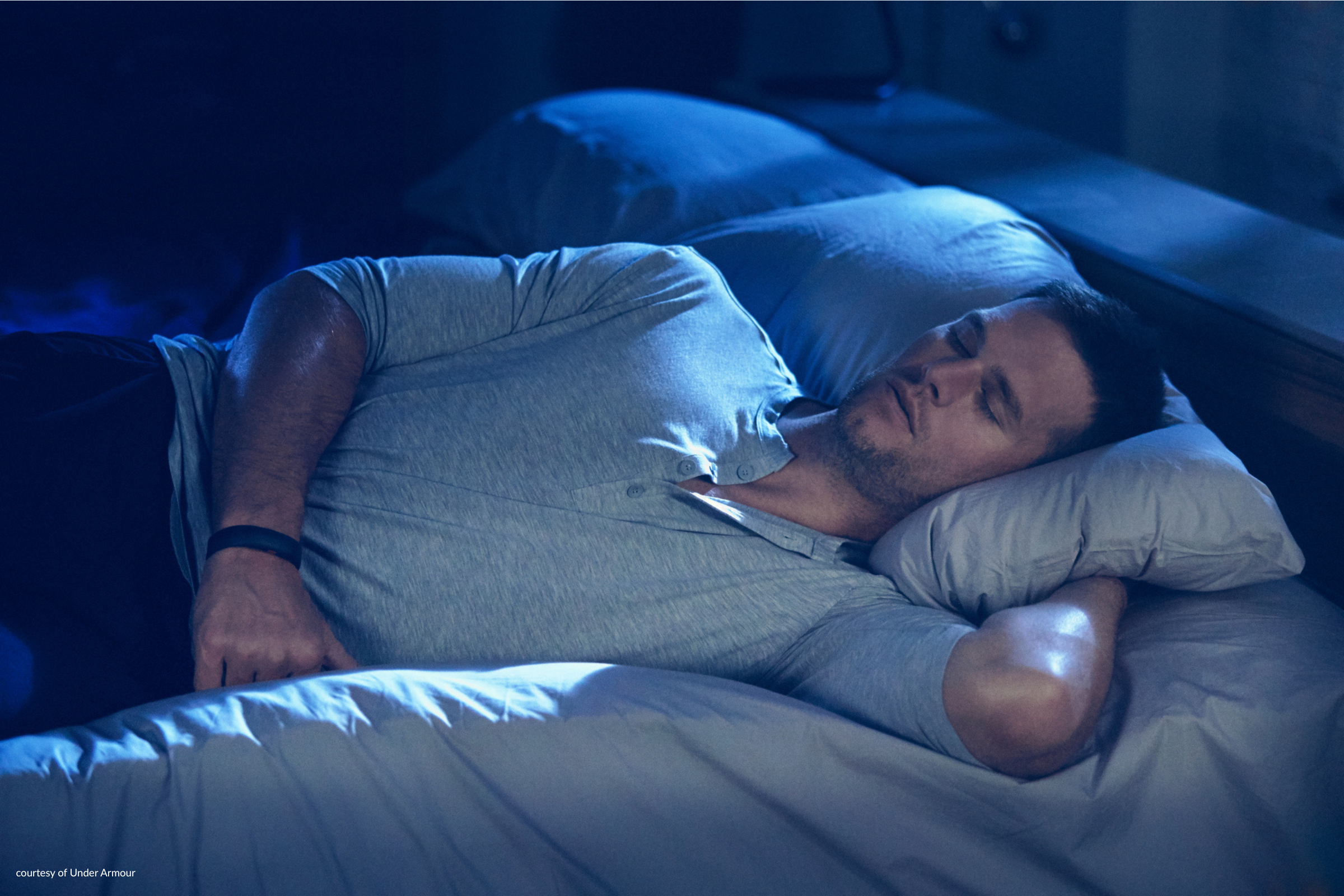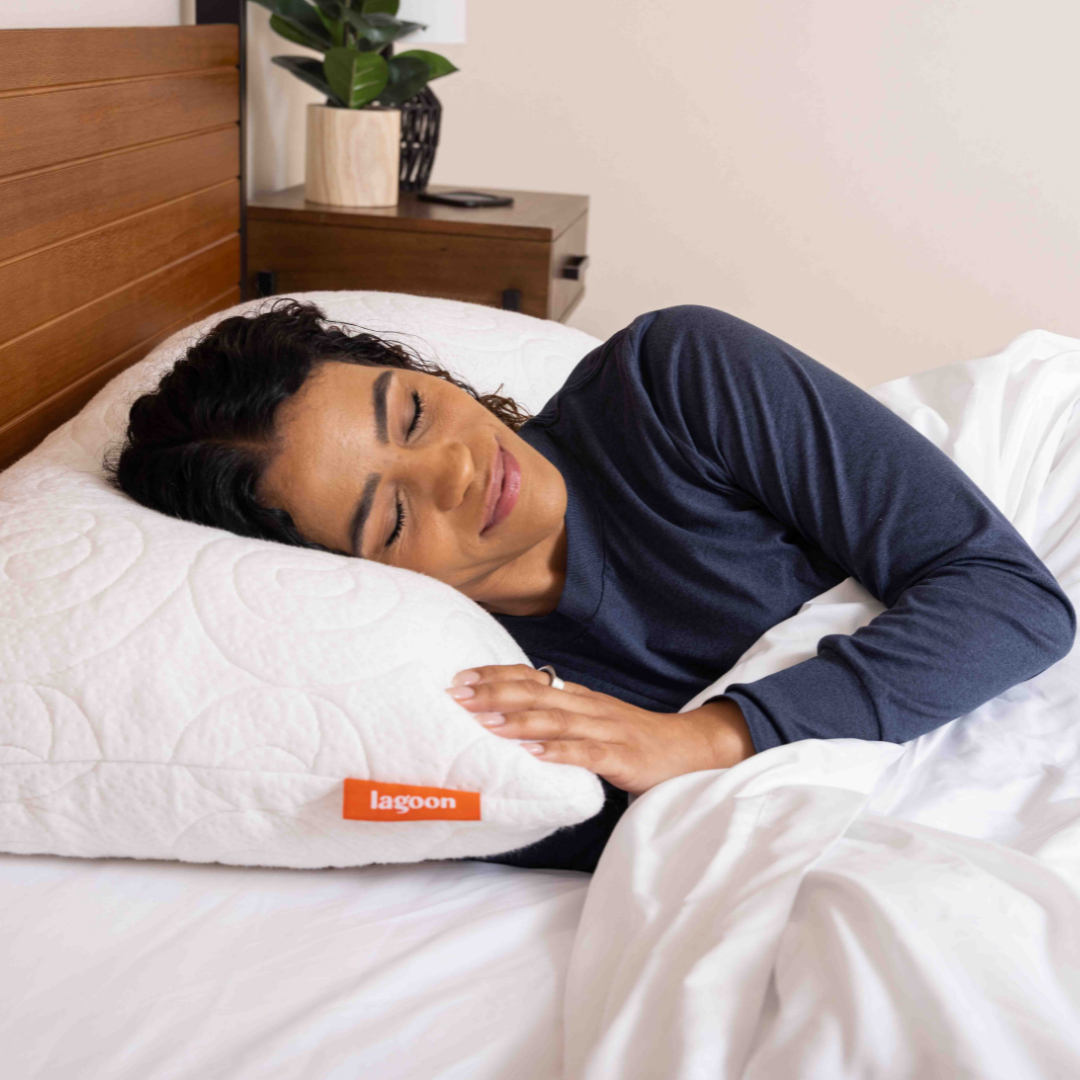Hey pack members 👋
What does sleeping on the right side of the bed say about you? Also, what does the science about your chronotype and the risk of diabetes? There’s plenty of exciting topics to cover in this week’s round up of sleep + fitness news, so let’s get into it...
🛏️ Unraveling the Mystery: Does Your Bed Side Match Your Vibe?
A recent TikTok video by the Omoto brothers from the podcast @justthenobodys delved into an intriguing question: Does the side of the bed you sleep on say something about your personality? The duo credited sleep psychologist, Hope Bastine, who claims individuals who favor the left or right side of the bed show distinct personality traits. According to them, left-side sleepers are perceived as more cheerful and industrious, while right-side sleepers are considered grounded, logical, and analytical. Some even suggest the latter group may earn more. However, when diving deeper, licensed counselor Alexandra Cromer pointed out that it's not just about the side; factors like facing the wall or door can be influenced by experiences such as anxiety or PTSD. Ultimately, it's suggested that our sleeping patterns might indeed hint at our personalities, but it might be more nuanced than just left or right. So, the real question is, are you closer to the wall or the door?
🦉Early Birds Might Be Dodging the Diabetes Bullet
New research indicates that "night owls", or people who prefer staying up late, have a 19% higher risk of developing diabetes compared to early risers. This sleeping habit, known as the "evening chronotype", is also linked to generally unhealthy lifestyles. The study analyzed data from around 64,000 women collected from 2009 to 2017. They found that 11% of participants identified as night owls while 35% identified as morning people. After adjusting for various lifestyle factors, the results still showed a significant risk for diabetes among night owls. Furthermore, only 6% of those with the healthiest lifestyles identified as night owls, compared to 25% who reported unhealthy lifestyles. Evening individuals showed a higher tendency to drink more alcohol, eat poorer diets, sleep less, and maintain unhealthy weights. Despite lifestyle playing a notable role in this connection, the link between the evening chronotype and diabetes persisted even after controlling for these factors. So do we change the saying from “nothing good happens after 2am” to 10pm?
🏅 Why Sleep is the New Gold Standard in Silicon Valley
Silicon Valley's past mantra of equating sleep deprivation with dedication and productivity is being challenged by the evolving importance of mental health and well-being. Technology has played a role, with wearables like Whoop, Fitbit, and Oura Ring tracking and gamifying sleep, providing data-driven insights into our sleep patterns. A majority of Americans view the nation as experiencing a mental health crisis, recognizing sleep as crucial for health and performance. Compromising on sleep affects attention, reaction time, and information processing abilities. Continual lack of sleep can have similar impacts as alcohol intoxication. Pro athletes are using sleep specialists to optimize their performance, and CEOs are following suit. Fast Company advocates for companies to prioritize sleep, suggesting that CEOs should set the example, and that companies can introduce sleep benefits in wellness packages. Ultimately, well-rested employees are more efficient, alert, and less prone to illness, making sleep the true key to productivity.
👚 Bedtime Debate: Fresh PJs or Daytime Gear?
The topic of wearing "outside clothes" in bed is a highly contested one. Some people don't give it a second thought (me), diving straight into their sheets after a long day without changing, while others find the very thought unsettling (my wife). Recently a study of 300 Americans had some illuminating findings: 65% of the respondents were against the idea of wearing their street clothes in bed. When it came to actual behavior, 43% claimed they always change out of their street clothes before getting into bed, while another 43% said they are "very likely" to change out of street clothes even just to lie down for a nap. In terms of perception, 28% "strongly agree" that outside attire is too dirty for bed, with 22% simply agreeing. To further explore the cleanliness of outside garments, a non-scientific experiment was undertaken, utilizing a basic bacteria-growing kit, samples from different clothes were tested. Predictably, gym clothes harbored the most bacteria. However, clothes from a casual outing to a fast-food place also showed bacterial growth. Finally, even fresh pajamas weren't entirely free from bacteria. The findings hint at a broader realization: while outside clothes indeed bring more contaminants to the bed, no clothes are entirely free from little critters.
That's it for this week's sleep news highlights. Stay tuned for more exciting updates on optimizing your sleep and health, and remember to follow @lagoonsleep on Instagram for your daily dose.



